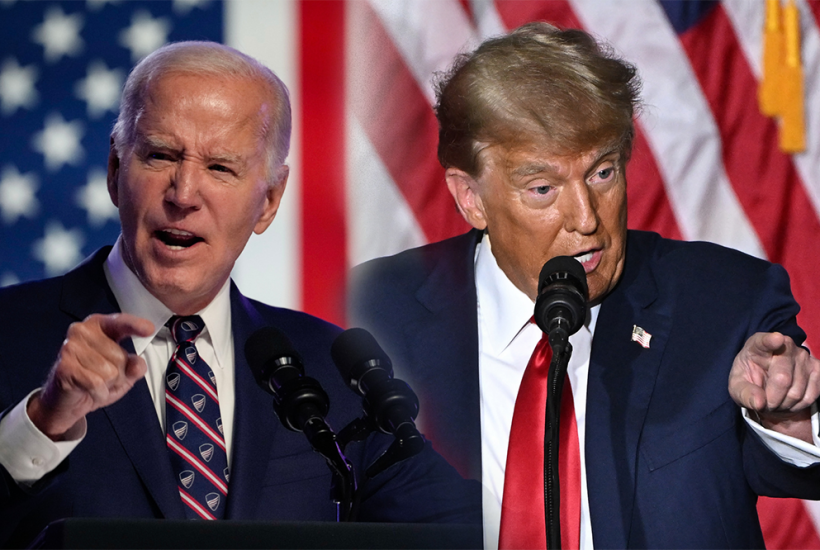For many people, Donald Trump’s victory in Iowa this week will seem incomprehensible. Not only did he win – he did so by a margin that no other Republican has achieved since the state became the first to choose its candidates. This is quite a feat from a man facing almost 100 criminal charges, who was also twice impeached – the second time for encouraging his supporters to riot on Capitol Hill on 6 January 2021.
Already a subscriber? Log in
Subscribe for just $2 a week
Try a month of The Spectator Australia absolutely free and without commitment. Not only that but – if you choose to continue – you’ll pay just $2 a week for your first year.
- Unlimited access to spectator.com.au and app
- The weekly edition on the Spectator Australia app
- Spectator podcasts and newsletters
- Full access to spectator.co.uk
Or
Unlock this article
You might disagree with half of it, but you’ll enjoy reading all of it. Try your first month for free, then just $2 a week for the remainder of your first year.








Comments
Don't miss out
Join the conversation with other Spectator Australia readers. Subscribe to leave a comment.
SUBSCRIBEAlready a subscriber? Log in